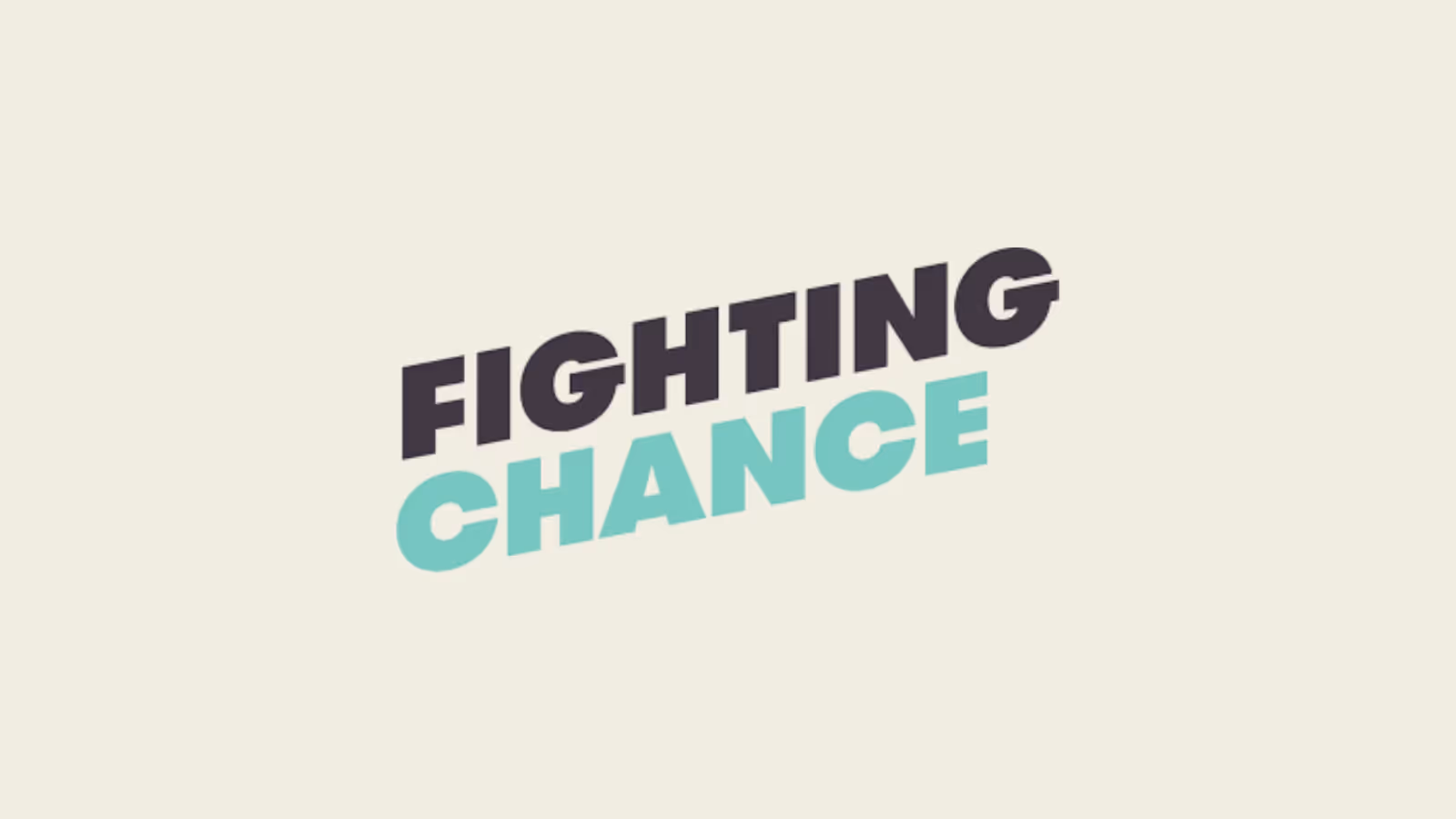How To Help an Employee With Anxiety
Practical steps to support employees experiencing anxiety at work.

Anxiety is a feeling of restlessness and unease caused by fear, nervousness, worry, or increased stress. It’s a natural response to perceived danger or threat, activating the body’s fight-or-flight response.
While everyone experiences anxiety occasionally, persistent or intense anxiety can interfere with daily functioning and lead to anxiety disorders.
Prevalence and Impact of Anxiety in the Workplace
Anxiety is one of the most common mental health issues affecting the workforce. In 2020/21, stress, depression, or anxiety accounted for 50% of all work-related ill health cases.
Globally, nearly 40 million adults between 18-54 have suffered from an anxiety disorder at some point in their working life.
The prevalence of anxiety has significant implications for productivity, employee engagement, and overall organisational health. Unaddressed anxiety can lead employee burnout and to increased absenteeism, presenteeism, and higher turnover rates.
What Is The Difference Between Anxiety and Workplace Stress
Anxiety and workplace stress, while related, are distinct. Workplace stress typically arises from specific work-related pressures like tight deadlines, high workloads, or difficult tasks, and usually diminishes once the stressor is removed.
In contrast, anxiety is a broader and more pervasive experience that often persists even after the stressor is gone.
Anxiety disorders involve chronic worry and fear that can disrupt daily life and functioning, even in the absence of an immediate threat. This distinction is crucial for identifying and addressing anxiety effectively within the workplace.
Find out more about the importance of mental health in the workplace.
What is Anxiety?
Anxiety is a natural human response to stress or perceived danger, often characterized by feelings of worry, nervousness, or fear. It’s a common emotional reaction that can manifest in various ways, both mentally and physically.
Mentally, anxiety can cause:
- Persistent worrying
- Difficulty concentrating
- Restlessness
- A sense of impending doom or danger
Physically, anxiety can lead to:
- Increased heart rate
- Sweating
- Trembling or shaking
- Shortness of breath
- Dizziness
- Gastrointestinal issues like stomach aches or nausea
Common anxiety disorders include Generalized Anxiety Disorder (GAD), Social Anxiety Disorder, Panic Disorder, and specific phobias.
Practical Steps to Support Employees with Anxiety
Foster a Positive Workplace Culture
Creating a friendly and inclusive environment is crucial for employee wellbeing and can be achieved with a few different approaches. For example, eliminating the stigma around mental health, promoting open communication, provide mental health awareness training, and offering support resources can all help.
Leadership can also share personal stories to normalise mental health discussions, fostering trust and empathy in dealing with workplace anxiety.
Open communication in the workplace means creating an environment where employees feel comfortable and safe discussing their thoughts, concerns, and mental health issues without fear of judgment or repercussions.
Practically, this involves having an open-door policy where managers are approachable and available for conversations. It also means regularly checking in with employees, actively listening to their concerns, and providing reassurance of confidentiality.
Training and Awareness Programs for staff and Managers
Managers should undergo mental health and psychosocial hazard training to recognise and handle anxiety. These programs equip managers with the skills to identify early signs of anxiety and provide appropriate support.
Promoting mental health awareness in the workplace reduces stigma and encourages open discussions.
Promote Mental Health Resources Like EAPs
If your employees are struggling with anxiety, it’s critical to promote targeted mental health resources like Employee Assistance Programs (EAPs).
An EAP offers a range of benefits specifically for addressing workplace mental health issues, including confidential counselling services and 24/7 support helplines.
By actively promoting these resources, employers can create a work environment that prioritises mental wellbeing, reduces stigma of seeking support and supports employees in managing their mental health effectively.
Provide Flexibility and Reasonable Adjustments
Offering flexibility and reasonable adjustments for employees with anxiety can significantly boost their wellbeing and productivity.
Practical steps include flexible working hours, remote work options, and modifying job responsibilities. Tailoring these adjustments to individual needs ensures that employees feel supported and valued.
For more extenuating circumstances, or if an employee is truly struggling, ensure there are processes in place to support mental health sick leave.
Summing Up
Supporting employees with anxiety is essential for fostering a healthy and productive workplace. By promoting a positive culture, providing mental health training, offering resources like Employee Assistance Programs (EAPs), and accommodating individual needs, employers can effectively assist their staff.
Related Content:
- Psychosocial Risk Assessment
- What Is Employee Counselling?
- Reducing Stress in the Workplace
- How Much Do EAPs Cost?
- Counsellor vs Psychologist

Hello 👋 I’m Joel the founder of Foremind.
Are you ready for simplified support & compliance?
Latest insights
Answers to the frequently asked questions.
Email us at enquiries@foremind.com.au and we'll get back to you quickly with a response
Yes, we have culturally competent counsellors available, including those able to work with first nation and CALD employees.
Onshore on secure AWS Servers in Sydney Australia. All data is encrypted in transit and at rest and our entire team is located in Australia.
Employees can access our platform on any device (mobile, laptop, desktop, etc.) as long you have the website link - no need to download any app on devices. You wouldn’t need to enrol any of your staff individually.- When we do our onboarding, we ask for the first name, last name and email of all your employees, and send out an email invite to all them which will allow them to create their own individual account to access the platform. For new staff we can also invite them or provide you with a unique link to embed in your onboarding process, whichever is more convenient for you. We also kick things off with a launch webinar or video to make sure everyone is aware of Foremind and how to use it. We’ll also provide you with any collateral such as posters, QR codes, brochures etc. to help drive awareness and encourage people to create an account in the platform.
The support line is answered by our reception service 24/7. It is for urgent platform or session-related issues only (e.g. *“My counsellor didn’t show”*) or helping staff create an account.







